Many great actions are committed in small struggles
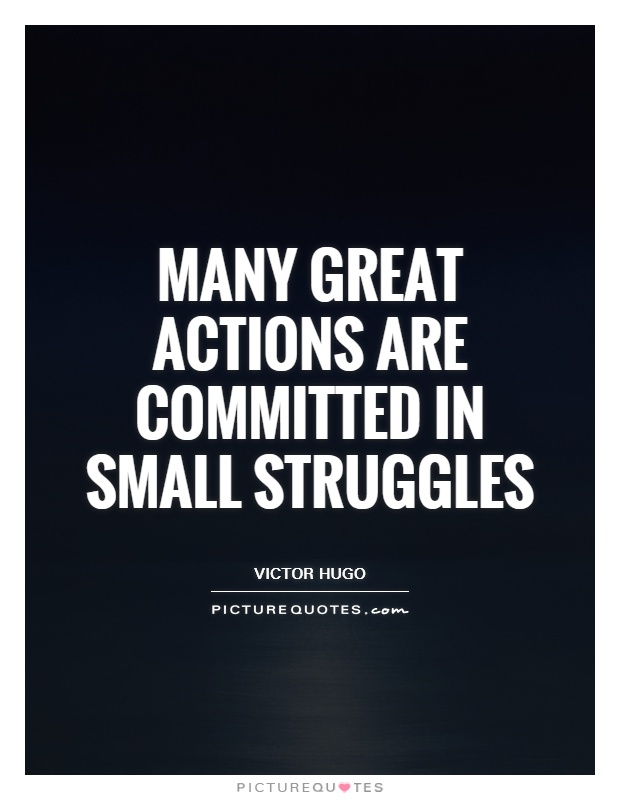
Many great actions are committed in small struggles
Victor Hugo, the renowned French writer, poet, and playwright, is often associated with the idea that many great actions are committed in small struggles. Throughout his works, Hugo explores the theme of perseverance in the face of adversity and the power of individual actions to bring about significant change. This concept is exemplified in his most famous novel, "Les Misérables," where the characters face numerous small struggles that ultimately lead to profound transformations in their lives.In "Les Misérables," the protagonist Jean Valjean experiences a series of small struggles that test his moral character and resilience. From his initial theft of a loaf of bread to his decision to break his parole and start a new life, Valjean is constantly faced with difficult choices that shape his destiny. Despite the challenges he faces, Valjean remains steadfast in his commitment to doing what is right, even when it means sacrificing his own well-being. Through his small acts of kindness and compassion, Valjean is able to bring about positive change in the lives of those around him, ultimately leading to his redemption and transformation.
Hugo's portrayal of Valjean's journey highlights the idea that great actions can arise from seemingly insignificant struggles. By focusing on the everyday challenges and choices faced by his characters, Hugo emphasizes the importance of perseverance and determination in overcoming obstacles and achieving personal growth. Through Valjean's example, Hugo shows that even the smallest acts of kindness and courage can have a ripple effect, inspiring others to follow suit and creating a chain reaction of positive change.

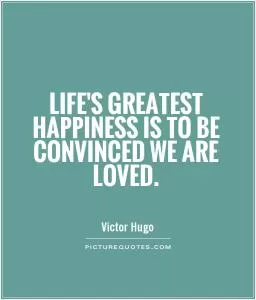
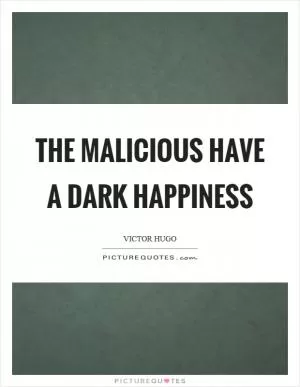

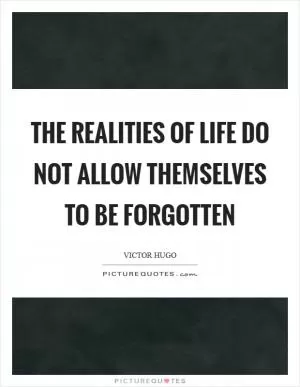


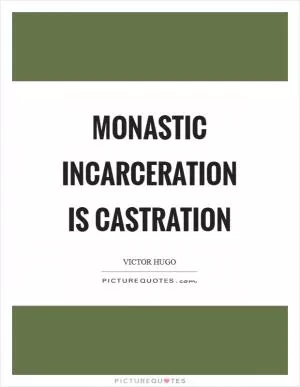
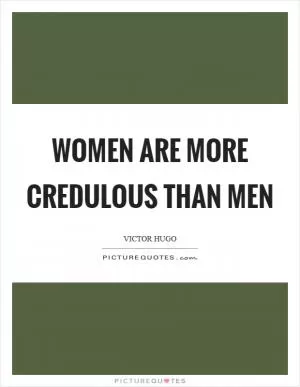

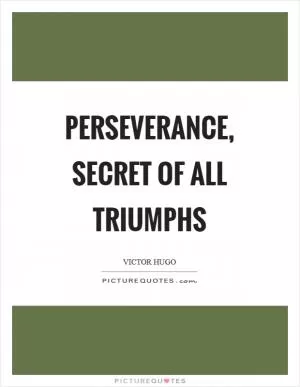
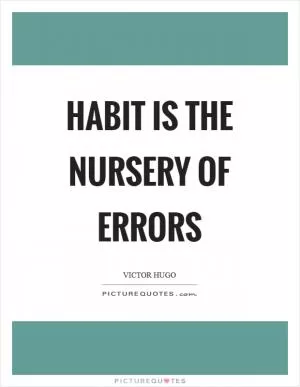
 Friendship Quotes
Friendship Quotes Love Quotes
Love Quotes Life Quotes
Life Quotes Funny Quotes
Funny Quotes Motivational Quotes
Motivational Quotes Inspirational Quotes
Inspirational Quotes